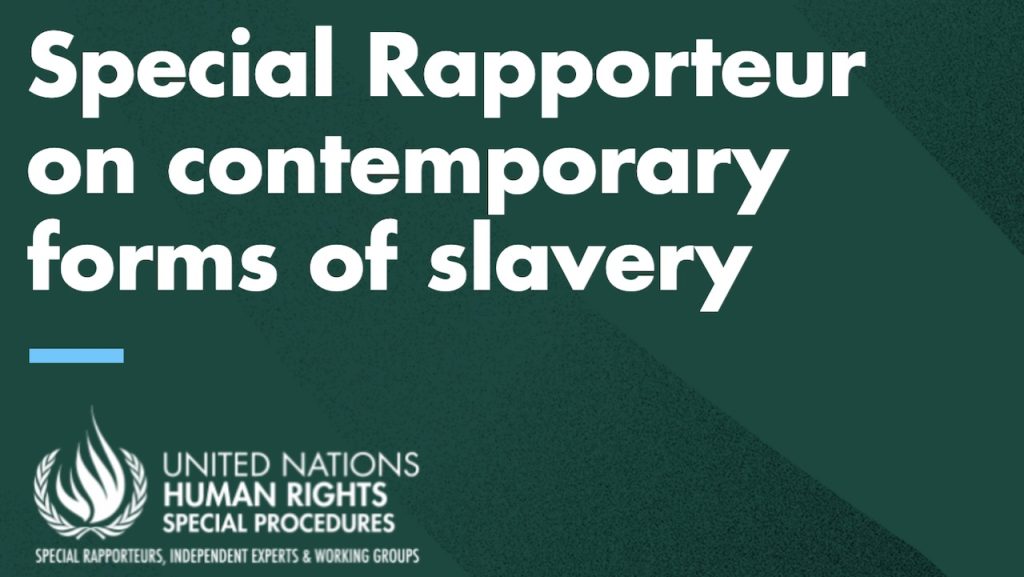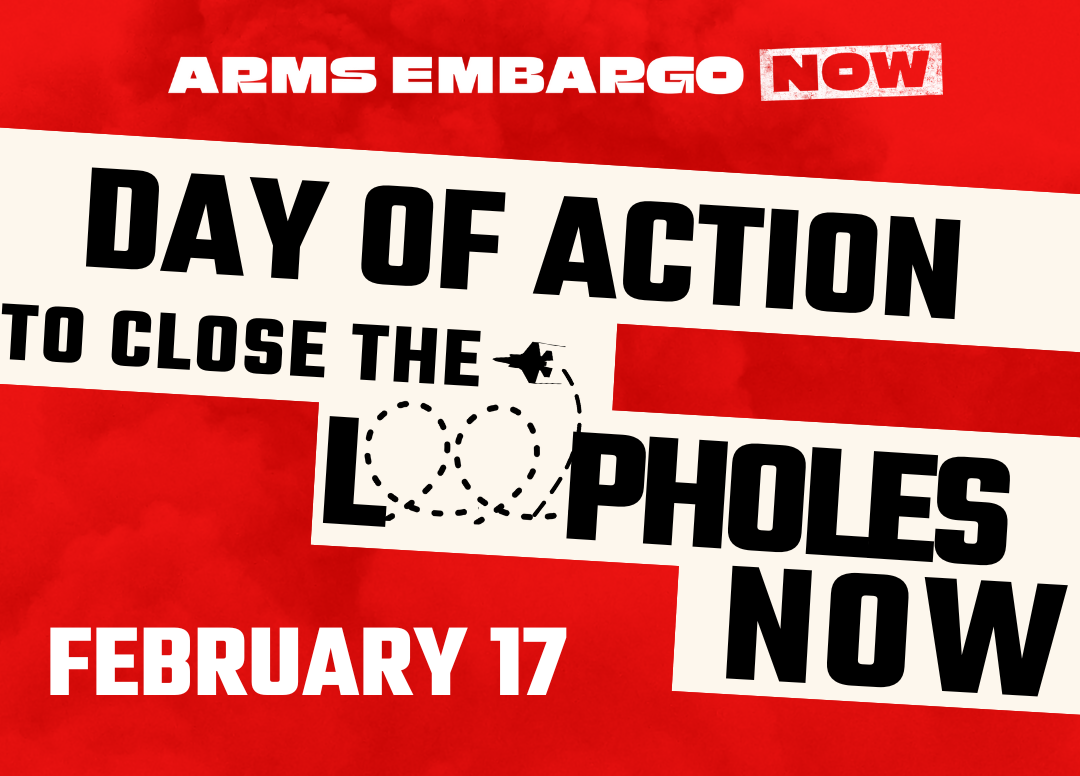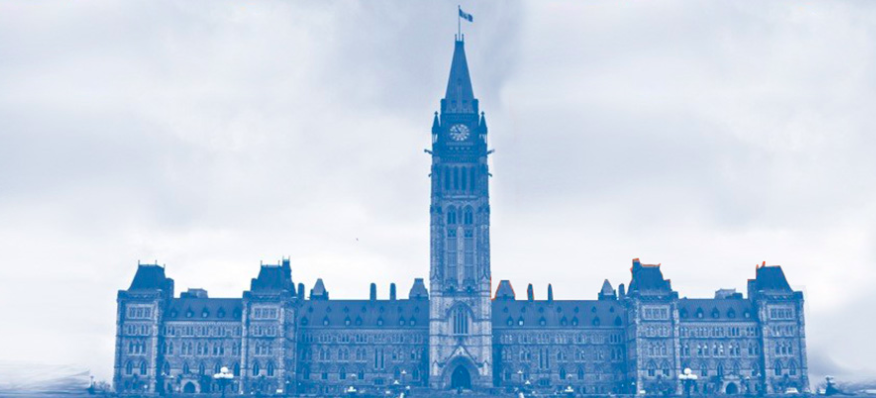UN Special Rapporteur Tomoya Obokata says Canada should do more to fulfill its international obligations to prevent forced labour and other contemporary forms of slavery.
In a statement today, Mr. Obokata said that mandatory human rights due diligence laws are the way forward and that Canada should give Canada’s Ombudsperson for Responsible Enterprise (CORE) powers to compel companies to provide evidence and cooperate.
These recommendations reinforce demands that the Canadian Network on Corporate Accountability (CNCA) has been making for years.
“We thank Special Rapporteur Obokata for his visit to Canada and for meeting with Canadian civil society groups and trade unions,” said CNCA’s Policy Director, Emily Dwyer.
Weakness of Canada’s current approach
This year, Canada adopted the Fighting Against Forced Labour and Child Labour in Supply Chains Act (formerly Bill S-211), which requires firms to publish an annual report on any steps they’ve taken “to prevent and reduce the risk” of forced labour, but does not require companies to actually examine their supply chains or stop using forced labour. The CNCA has called this legislation “meaningless and potentially damaging”.
Referring to the new Act, the Special Rapporteur’s statement said, “There is a risk of this becoming a box ticking exercise where companies simply submit the same statement every year, as has been reported in other jurisdictions. Self-reporting and the lack of a monitoring mechanism mean that companies could conceal or omit relevant information to protect their reputation and profits. In addition, Bill S-211 does not require Canadian businesses to implement human rights due diligence, nor implement measures to prevent, address, and remedy abuses once identified.”
“UNSR Obokata’s comments demonstrate that Canada can’t continue to rely on voluntary measures to fulfill its international human rights obligations with respect to corporate abuse,” said Dwyer.
Due diligence legislation is “the way forward”
The Special Rapporteur noted “that the imposition of mandatory human rights due diligence, with a sufficient penalty regime for non-compliance, is the way forward,” and urged the Canadian Government to consider this “seriously and expeditiously.”
“Canada should pass a law requiring companies to prevent human rights abuses, including forced labour,” said Dwyer. “Such a law should include civil liability and ensure people harmed by Canadian business activity outside of Canada have access to remedy through Canadian courts.”
The CNCA advocates for a robust mandatory human rights and environmental due diligence law, such as the Corporate Responsibility to Protect Human Rights Act (Bill C-262), based on the CNCA’s own model legislation.
The CORE should be empowered
Mr. Obokata’s statement noted concerns about the effectiveness of the CORE, pointing out that “the first initial assessment reports of complaints brought before the Ombud were not issued until nearly 4 years after the mechanism’s creation.”
Mr. Obokata recommended that Canada’s Ombudsperson for Responsible Enterprise (CORE) be given “the statutory powers to compel witnesses and documents [and] ensure that companies cooperate, with clear consequences for non-compliance.”
The CNCA calls on the Government of Canada to immediately fulfill its 2018 promise to give the CORE the powers needed to independently investigate allegations of human rights abuse. The government could empower the CORE immediately through an Order in Council as a stop gap measure before passing a law like Bill C-263.
Familiar calls from UN
Mr. Obokata’s comments echo repeated calls from the United Nations for Canada to facilitate access to justice and remedy for people who have been harmed by Canadian companies operating around the world.
Related:
- Submission to the UN High Commissioner for Human Rights’ Special Rapporteur on contemporary forms of slavery, Canadian Network on Corporate Accountability & Above Ground, 31 May 2023.
- Canada: Anchor the fight against contemporary forms of slavery in human rights, a UN expert urges, United Nations Office of the High Commissioner for Human Rights, 06 September 2023.
- End of Canada Mission Statement for the UN Special Rapporteur on contemporary forms of slavery, Tomoya Obokata, including its causes and consequences, 6 September 2023. (PDF)




